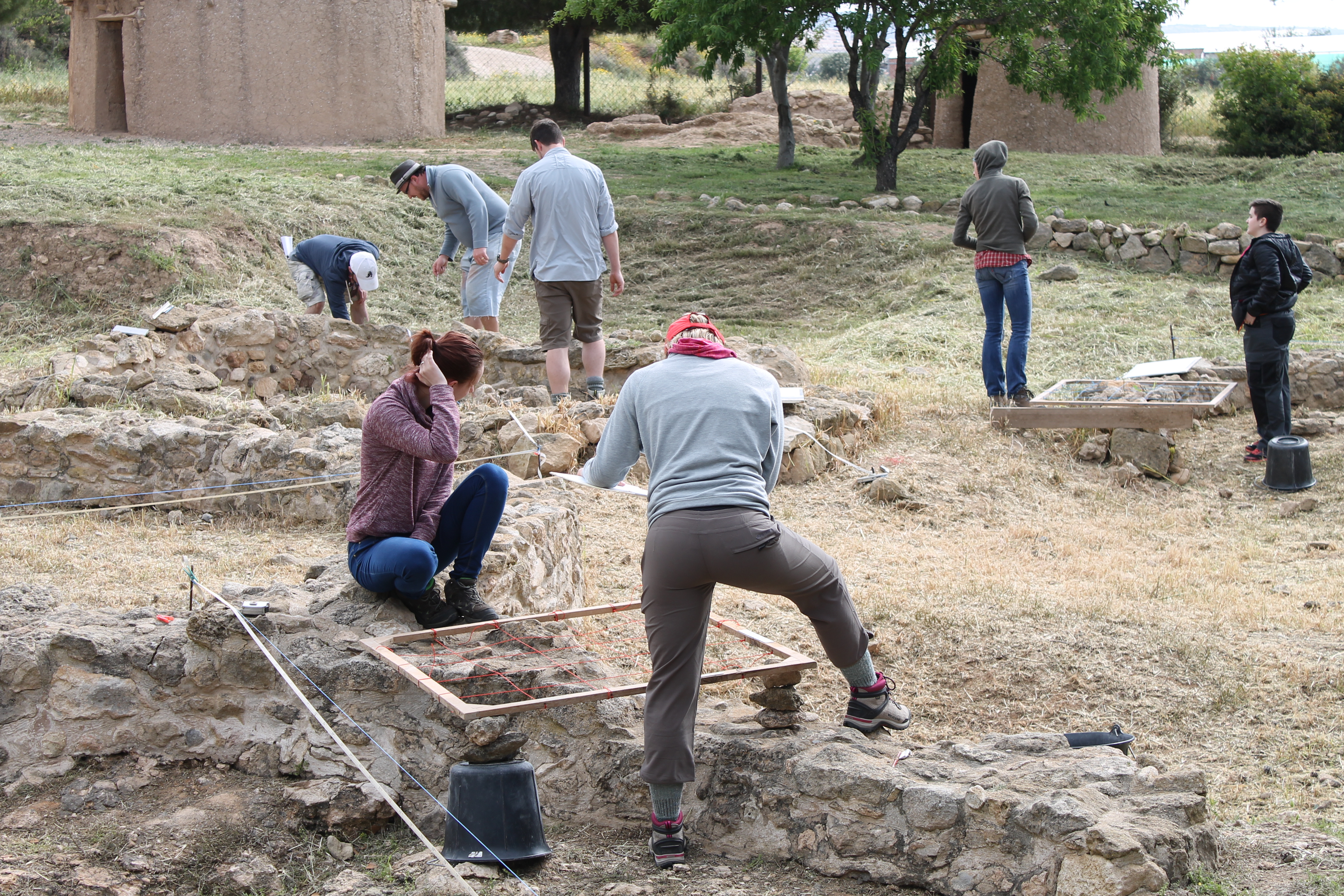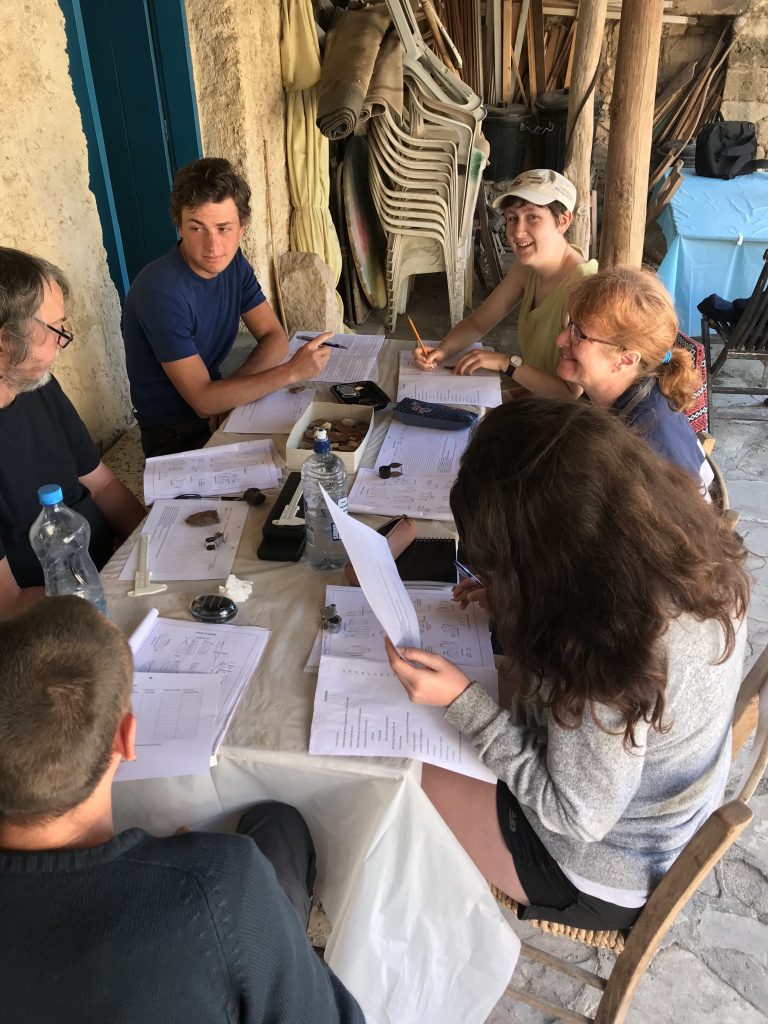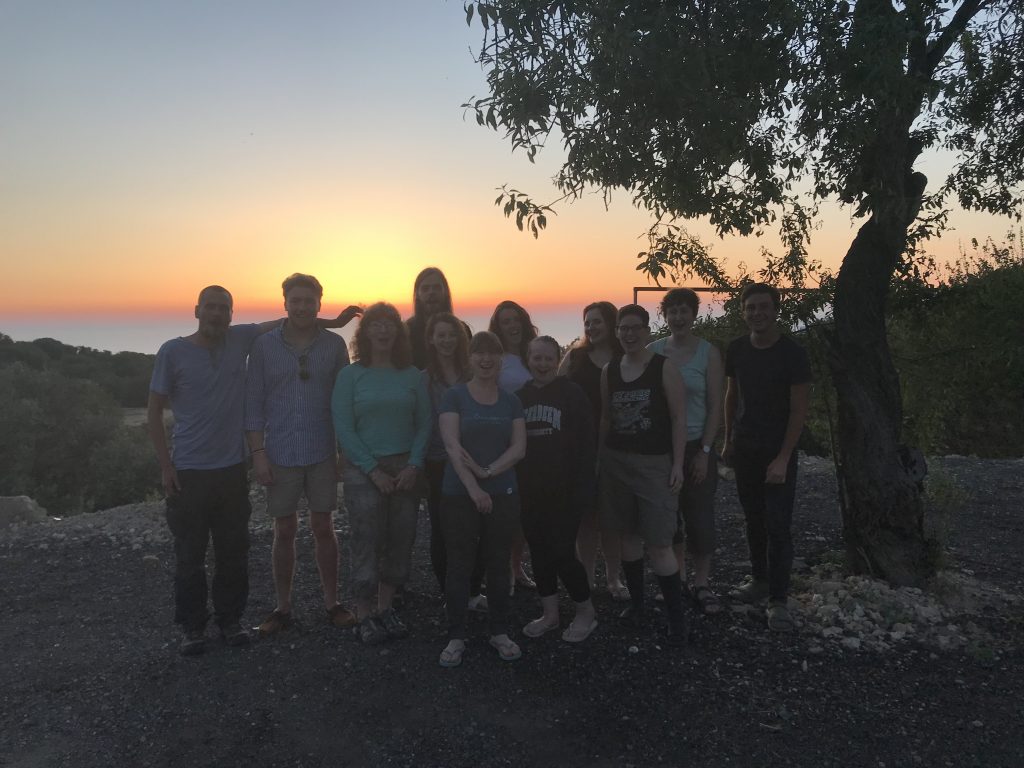Fieldwork



Location: Lemba, CY
Season: April 7, 2024 to April 20, 2024
Session Dates: 7th to 20th April 2024
Application Deadline: January 31, 2024
Deadline Type: Rolling
Website: https://www.harparchaeology.co.uk/field-schools/introduction-to-archaeology-cyprus
Program Type:
Field School
RPA Certified:
No
Affiliation:
Heritage and Archaeological Research Practice (HARP)
Project Director:
Ian Hill
Project Description:
7th to 20th April 2024
This course provides an introduction to archaeology as a whole, using Cyprus as a case study, with a focus on archaeological methodology and field recording, followed by specialist lectures and artefact processing.
This is a practical field school where participants not only learn how to record archaeological sites, including learning specialist, post-excavation techniques, but also have the unique opportunity to practice these skills. It is ideal for those who have no experience of archaeological fieldwork at all or for those who would like to practice and improve their archaeological field methods from previous excavations.
The course will include:
Introductory seminars on the study of archaeology and specialist skills;
Seminars and lectures on the prehistory of Cyprus, from the Neolithic up until the Roman period;
Lessons in how to draw and record archaeological sites with practical workshops carried out at the Chalcolithic site of Lemba-Lakkous;
Lessons in how to conduct standing building recording with practical workshops carried out at a reconstructed Chalcolithic village;
Introduction to basic site surveying including GIS mapping;
Introduction to test pits and excavation at a reconstructed Bronze Age kiln;
Archaeological photography, and basic photography skills;
The opportunity to study and draw artefacts uncovered from local excavations including an introduction to digital illustration techniques;
Introduction to Bioarchaeology, with seminars and introduction to faunal remains;
Introduction to Archaeobotany with specialist lecture and opportunity to take part in archaeobotany sampling and processing;
Introduction to digital recording techniques
The course will also include a series of visits to prehistoric sites in the region from the Neolithic to the Bronze Age, including a trip to the UNESCO World Heritage Site of Nea Paphos/Tombs of the Kings, and the Paphos Museum, which will help to put what is learnt on the course into perspective.
Each participant will receive a course book to build and develop their skills throughout the course with all workshops helping to build a portfolio by the end of the course, with participants able to keep all of the documents and photographs that they produce (see example below).
The course is based at the Edgar Peltenburg Archaeological Research Centre (EPARC) in the picturesque and historic village of Lemba, next door to the kafeneio (coffee shop) and the Lemba Pottery shop. The research centre is beautifully situated at the top of a green valley over-looking the sea, perfect for watching a glorious Cypriot sunset. Lemba is located 6km from the centre of Paphos and is easily accessible by bus or taxi from Paphos and Paphos Airport.
Costs and Accommodation
There are two options available for this course:
£675 (GBP) per person: includes full training as outlined above; camping accommodation at the Edgar Peltenburg Archaeological Research Centre (see below); transport for all site visits; all meals on workdays (not including the weekend); and a final evening dinner/traditional BBQ. NB: Food preparation will take place at the accommodation by the participants, and dietary requirements can be accommodated.
£495 (GBP) per person: includes full training as outlined above; transport for all site visits; lunch on workdays; and a final evening dinner/traditional BBQ. Suggestions for local accommodation can be provided upon request, but HARP takes no responsibility for any aspect of the accommodation or general subsistence.
Flights are not included in either option. A non-refundable 25% deposit is required within two weeks of being offered a place on the field school in order to secure it. A full list of suggested items to bring will be sent out upon acceptance of a place on the course. Details of a local taxi company for Airport Transfers (to be paid for by participant) can be arranged if required.
For more information or to return an application form via email (available to download below) please contact Ian.
Period(s) of Occupation: Neolithic, Chalcolithic, Bronze Age, Roman
Project Size: 1-24 participants
Minimum Age: 18
Experience Required: None
Room and Board Arrangements:
Camping accommodation will be provided at EPARC, with sleeping accommodation on the flat roof of the building beneath the trailing grape vines. Mattresses will be provided but participants will need to bring their own tent and bedding/sleeping bag (tents that don’t require pegs to remain standing would be ideal). Facilities at the centre include a toilet and shower block with hot running water, a kitchen for preparing meals, and a common room/space for charging phones and laptops etc. The centre is a five-minute stroll away from a large supermarket and take-away establishments. It is also only 500m from the local sandy beach and coastal road, which has bars, restaurants and mini-markets.
Ian Hill
Heritage and Archaeological Research Practice, 5 South Charlotte Street
Edinburgh
EH2 4AN
United Kingdom
The AIA is North America's largest and oldest nonprofit organization dedicated to archaeology. The Institute advances awareness, education, fieldwork, preservation, publication, and research of archaeological sites and cultural heritage throughout the world. Your contribution makes a difference.